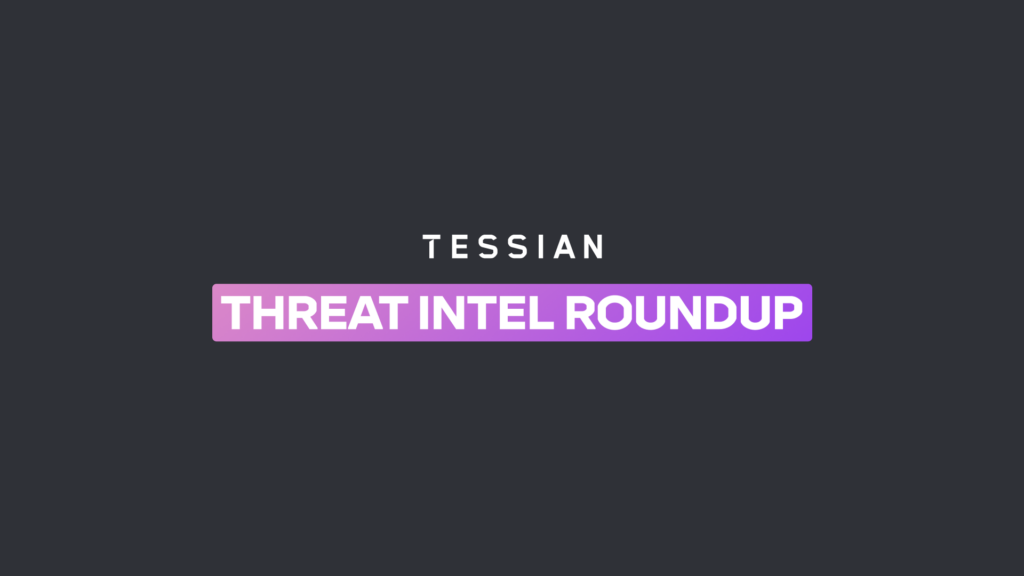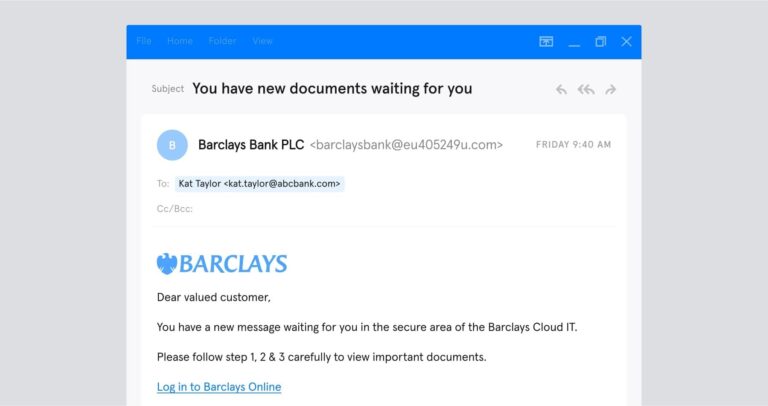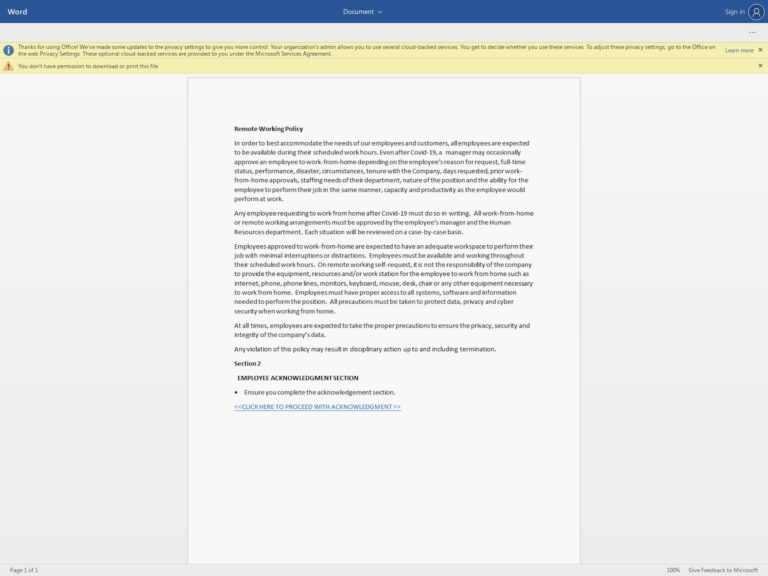On the back of Cybersecurity Awareness Month in October 2022 with key recommendations to protect against phishing attacks, we delve deeper into the latest Phishing-as-a-Service offering known as Caffeine, first identified by Mandiant. We also unpack an impersonation campaign we identified in the wild called Logokit. And in other notable news, a misconfigured Microsoft endpoint storage vulnerability dubbed BlueBleed was exposed by researchers at SOCRadar, potentially exposing sensitive data for thousands of customers.
Sign-up for our Threat Intel update to get this monthly update straight to your inbox.
![]()
• Phishing-as-a-Service (PhaaS) is now sold alongside Ransomware-as-a-Service (RaaS) on the dark web.
• The commercialization of these PhaaS exploit kits and threat actors’ services are removing the barriers to entry for carrying out attacks, at scale.
• The most recent offering is the so-called Caffeine PhaaS exploit kit that enables anyone to procure the kit and launch phishing attacks against Microsoft 365 targets.
• Tessian Threat Intel recently identified a Business Email Compromise (BEC) campaign in the wild called Logokit.
• Logokit uses randomized spoofed pages and brand logos for purposes of harvesting login credentials. In one instance we found that a spoofed version of a Microsoft login page was being used in an attempt to capture credentials.
• Researchers from SOCRadar identified six misconfigured Azure buckets which it has dubbed BlueBleed.
• The BlueBleed exposure according to SocRadar is among the most significant B2B leaks ever, exposing sensitive data of 65,000 entities across 111 countries.
• Microsoft immediately rectified the privacy settings on the exposed buckets, thanking SOCRadar, however disputing the extent of the exposure.













